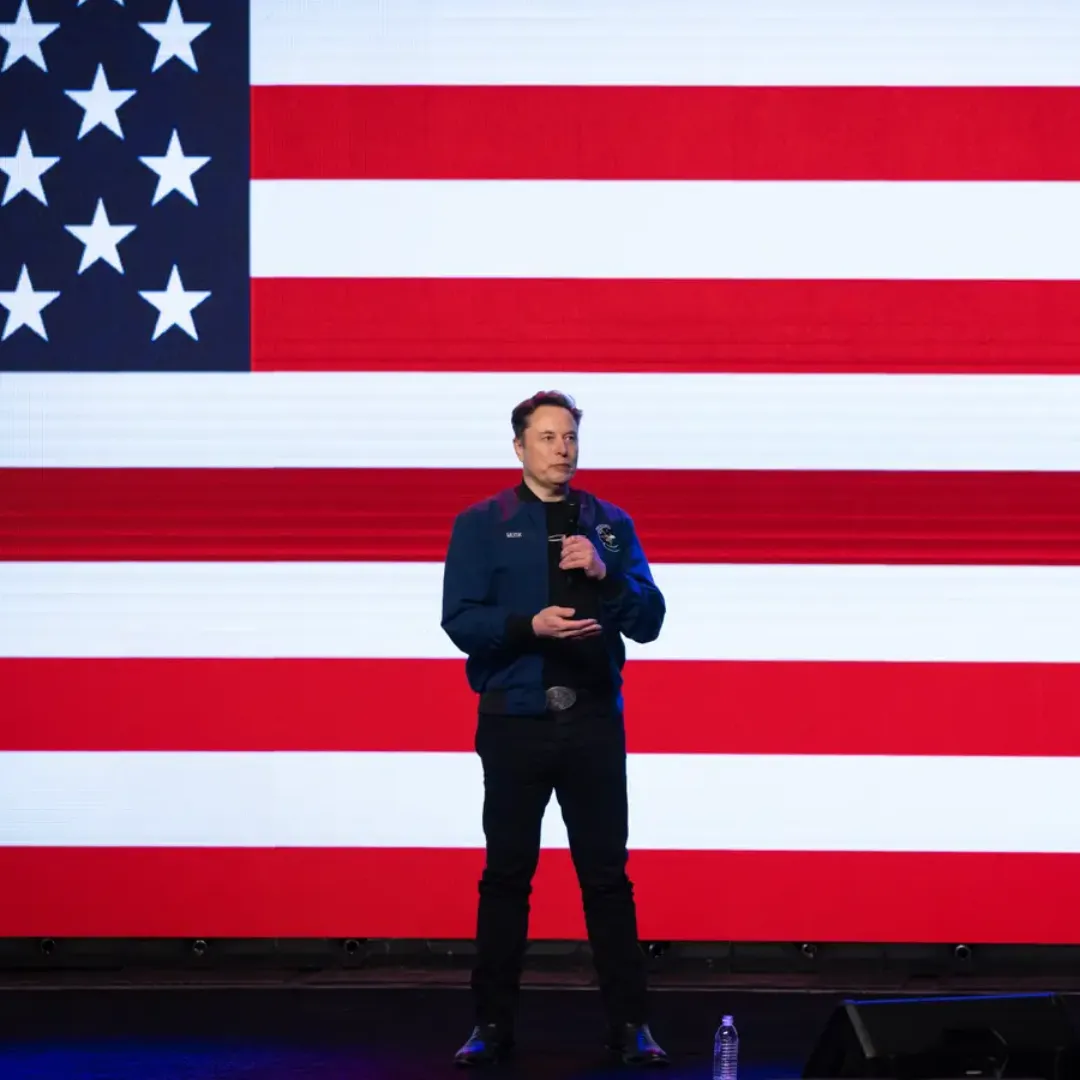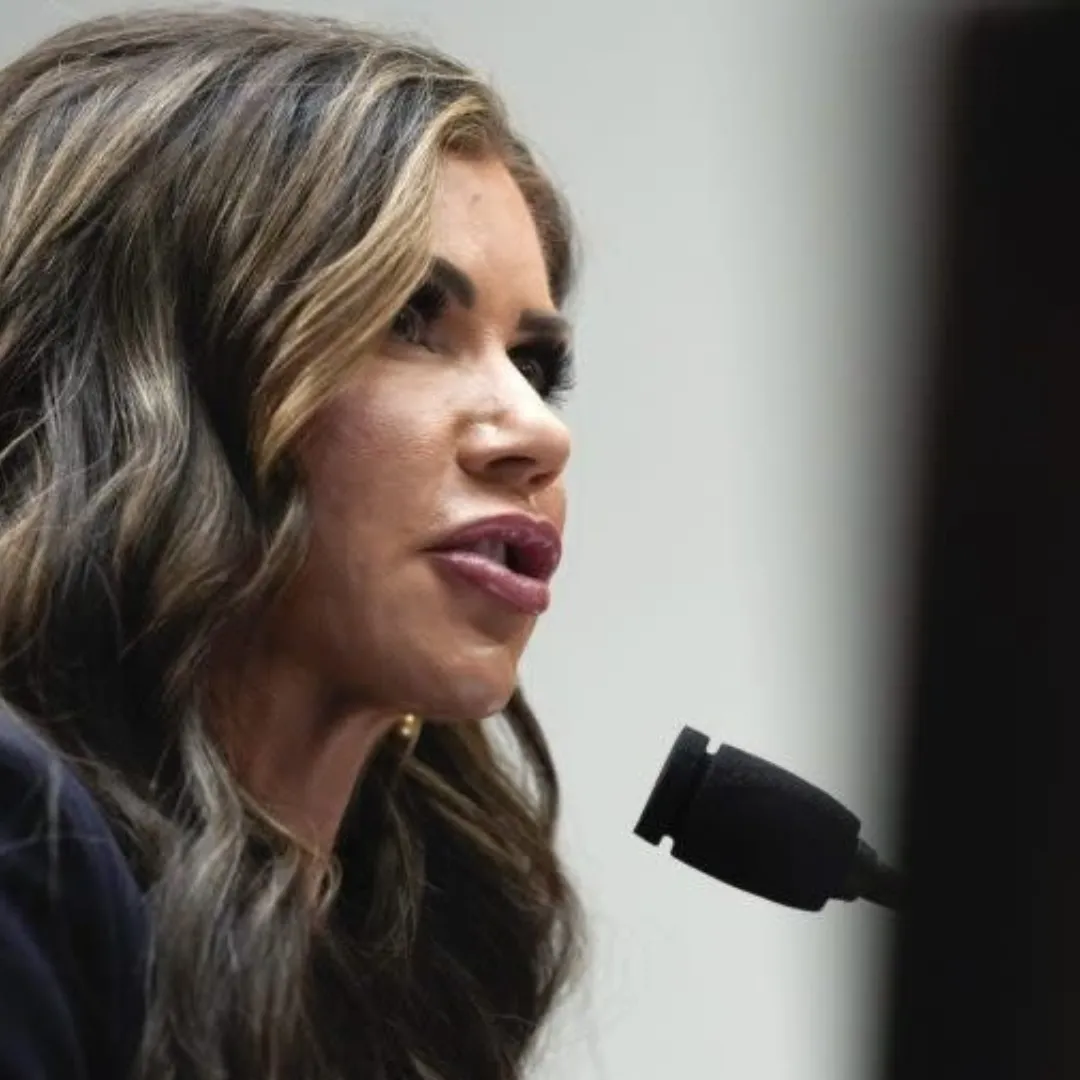
During the early days of his second term, President Donald Trump has made it abundantly clear that one person is to blame for nearly every issue he faces: Joe Biden. Whether discussing military operations, economic policy, or even mundane tasks, Trump has regularly deflected any criticism or responsibility onto his predecessor.
In fact, an analysis by The New York Times revealed that during the first 50 days of Trump’s second term, he mentioned Biden a staggering 316 times, primarily to assign blame for the state of the nation.
It’s not surprising that many of Trump’s supporters have latched onto this narrative—after all, Trump has spent much of his political career presenting himself as a master marketer, able to frame any situation in a way that serves his interests. However, the frequency with which he blames Biden raises questions about whether this obsession is a calculated political tactic or merely a sign of weakness in his ability to take responsibility.
It’s almost as if Trump has created an entirely new playbook for his presidency—one that centers around the relentless use of Biden as a scapegoat. Trump’s rhetoric about Biden is simple and consistent.
If something goes wrong, it’s Biden’s fault. From military operations to the handling of the COVID-19 pandemic, Trump finds a way to tie any negative situation back to his predecessor.
One of the most remarkable instances of this came during the fallout from the Signal incident, when it was revealed that members of the Trump administration had been discussing sensitive national security matters in an unsecured group chat. While the blame for this mess clearly lay with the individuals involved, Trump instead argued that Biden should have launched an attack on Yemen instead of his administration.
This absurd claim suggested that if Biden had done what Trump had wanted, the entire debacle involving the leaked military plans would never have occurred.
In typical Trump fashion, he wasted no time in assigning blame where it was least deserved. “Joe Biden should have done this attack on Yemen,” Trump remarked during a press conference. “This should have been done by Joe Biden. And it wasn’t.”
By this point in his presidency, it’s become clear that Trump’s go-to strategy is to continuously blame Biden for any and all issues, no matter how tangential or unrelated to Biden’s policies.
There’s an undeniable pattern in Trump’s rhetoric. It’s not just about assigning blame—it’s about ensuring that the name “Biden” is front and center in public discourse. According to The New York Times analysis, Trump mentioned Biden more times during the first 50 days of his second term than any other topic, including issues like tariffs and foreign relations. In fact, he mentioned Biden more frequently than terms like “America” or even “Ukraine.”

For Trump, the constant repetition of Biden’s name serves a dual purpose. First, it reinforces the narrative that Biden’s policies are directly responsible for America’s problems.
Second, it provides a convenient distraction from the issues that Trump himself may be responsible for—whether it’s his administration’s failure to effectively handle the COVID-19 pandemic or the economic challenges caused by his trade wars. The more he blames Biden, the less the public focuses on Trump’s own shortcomings.
James Carville, a veteran Democratic strategist, believes that Trump is using this approach to prepare the public for the economic challenges that may be on the horizon. “He sees what’s coming and he can’t blame himself, so he’s got to blame Biden,” Carville said, pointing to the possibility of a rocky economy due to Trump’s own policies.
By continually blaming Biden, Trump aims to shift the responsibility for any economic downturns away from himself and onto the former president.
Kellyanne Conway, a Republican strategist and former Trump advisor, has also defended Trump’s relentless focus on Biden, arguing that it would be political malpractice not to keep bringing up Biden’s name.
“He knows how to read the polls. He knows that Biden left as the least popular sitting president in decades,” Conway explained. “He must continually remind everybody what he’s inherited.”
But while it may be politically advantageous for Trump to blame Biden, it also begs the question: How much longer can he keep this up? It’s one thing to blame a predecessor for a few specific issues, but Trump has turned Biden into a catch-all villain for every problem, regardless of whether it’s directly linked to Biden’s policies or actions.
Despite Trump’s repeated insistence that Biden is to blame for everything from national security crises to economic woes, the reality of the situation often tells a different story.

For example, while Trump has been quick to blame Biden for the ongoing challenges in Afghanistan, it was Trump’s own agreement with the Taliban that laid the groundwork for the chaotic withdrawal.
Similarly, Trump’s constant criticism of Biden’s handling of the COVID-19 pandemic fails to acknowledge the fact that Trump was in charge when the pandemic first struck, and his administration’s response was widely criticized for its lack of preparation and leadership. By focusing exclusively on Biden’s perceived failures, Trump distracts from the fundamental issues that stemmed from his own tenure in office.
Moreover, the political strategy behind Trump’s obsessive blaming of Biden has a clear downside. While Trump may be attempting to shore up support from his base by framing Biden as the enemy, he risks alienating moderate voters who may tire of the constant attacks on his predecessor.
As time goes on, this approach may begin to feel like a crutch—an easy way to avoid taking responsibility for the consequences of his own policies.
It’s easy to chalk Trump’s incessant focus on Biden up to a political strategy, but there’s something deeper at play. Trump’s constant need to bring up Biden speaks to a broader issue with his sense of self.
By constantly comparing himself to Biden—whether it’s in terms of physical prowess or leadership ability—Trump seems to be trying to convince both himself and the public that he is the better, more capable leader.
Trump’s fixation on Biden’s age and physicality is particularly telling. He has often mentioned how Biden looks on the beach or compared their abilities to walk around the White House. In a way, Trump’s constant jabs at Biden serve to distract from his own insecurities and maintain his self-image as the stronger, more competent leader.
This obsession with Biden may not just be about politics; it may also be about Trump’s need to define himself in opposition to someone he views as a threat to his legacy.
The reality is that Trump’s presidency and Biden’s are intrinsically linked in a way that most other presidencies are not. Biden’s victory in 2020 cemented Trump’s status as a defeated former president, and in turn, Biden’s tenure has been marked by Trump’s ongoing shadow.
Whether it’s through rallies, interviews, or social media posts, Trump’s continued fixation on Biden ensures that the two will remain linked in the public’s mind for years to come.
As Trump continues to focus on Biden, it raises important questions about his political future. Is he laying the groundwork for a future presidential campaign, where he can continue to paint Biden as the villain and offer himself as the solution? Or is he simply incapable of letting go of the past and moving forward with his own agenda?
One thing is clear: Trump’s fixation on Biden is unlikely to fade anytime soon. Whether it’s a strategic move or a deeper reflection of his own insecurities, Trump has made it clear that Biden will remain at the center of his political narrative.
As long as Trump continues to frame his presidency as a battle between himself and Biden, he risks being trapped in a cycle of blame that prevents him from moving beyond the past and offering a new vision for the future.
In the end, Trump’s obsession with blaming Biden may not be as effective as he hopes. While it may help rally his base and deflect responsibility, it also risks alienating voters who are looking for a leader who can offer solutions instead of constantly pointing fingers.
As Trump prepares for the possibility of a third presidential run, he may need to reconsider his strategy. The American public has grown weary of the blame game, and if Trump hopes to return to the White House, he may need to find a way to break free from his endless cycle of accusations.




